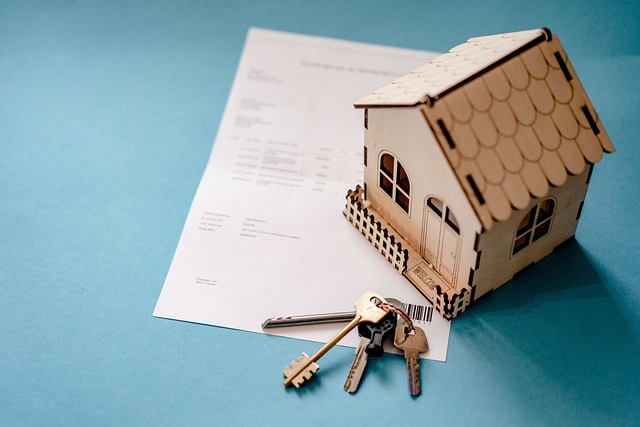Properties For Sale: Guide to Buying Homes and Condominiums
Buying property involves more than finding a house you like; it requires understanding markets, inspecting condition, and confirming legal and financial readiness. This guide explains practical steps and considerations for buyers looking at real estate listings, homes or condominiums, and highlights how to evaluate options and work with local services during a search in your area.

What is the current real estate market?
Real estate markets vary by region and over time, driven by supply, demand, interest rates, and local economic conditions. When you look at properties for sale, check recent sale activity, average days on market, and whether listings are trending up or down. Use multiple sources — local listings, neighborhood sales histories, and reports from licensed agents — to get a rounded view. Understanding whether you’re in a buyer’s or seller’s market helps set realistic expectations for offer strategy and negotiation.
How do I evaluate a property?
Evaluating a property means more than liking the layout. Start with a structural and systems assessment: roof, foundation, plumbing, electrical and HVAC. Compare similar sales in the neighborhood (comps) to gauge fair value, and check zoning, future development plans, and property tax records. Verify title status and easements early to avoid surprises. A thorough evaluation combines physical inspection, market comparisons, and legal checks so you know both the condition of the property and any encumbrances that could affect use or resale.
How do homes, houses, and condominiums differ?
The terms often overlap but have distinct meanings. “Homes” is a broad, lifestyle-oriented term that can refer to houses, condominiums, or townhouses. Houses typically mean single-family dwellings with private land and exterior maintenance handled by the owner. Condominiums are units within a larger building or complex where common areas and exterior maintenance are managed by an association; owners pay dues and follow association rules. Consider maintenance responsibilities, privacy, amenities, and association governance when comparing houses and condominiums to find which aligns with your needs.
What should I look for when viewing homes?
During viewings focus on both immediate condition and long-term suitability. Inside, assess layout, natural light, storage, and the state of finishes and appliances. Check for signs of moisture, cracks, and pest issues. Outside, look at drainage, roof condition, and the neighborhood context — noise, traffic patterns, and proximity to schools or local services. Imagine daily routines: commuting times, access to groceries, and parking. Take notes and photos, and if something concerns you, flag it for a professional inspection before finalizing any decisions.
How can I handle financing and legal checks?
Financing typically begins with pre-approval from a lender to establish how much you can borrow. Work with reputable mortgage lenders or brokers and compare their terms qualitatively, such as flexibility, customer service, and local presence. For legal matters, engage a licensed conveyancer or real estate attorney to review contracts, title, and disclosure statements. Local services like surveyors, independent inspectors, and tax advisors can provide the specialist checks you’ll need. Clear communication among lender, lawyer, and agent helps keep the transaction on track.
What are the steps to close a property purchase?
Closing a purchase generally follows these stages: submitting an offer and negotiating terms; entering a purchase contract; completing inspections and due diligence; resolving any contingencies; securing financing; and coordinating settlement logistics. Before closing, confirm title insurance, finalize all documentation, and arrange for transfer of utilities and ownership registration according to local practice. Timelines and paperwork vary by jurisdiction, so rely on local services — lenders, escrow agents, and legal professionals — to manage the formalities and ensure the transfer is properly recorded.
In summary, buying a property combines market research, careful evaluation of condition and title, practical comparisons between houses and condominiums, and coordination with financing and legal professionals. Focusing on objective checks and using reputable local services helps make the process clearer and reduces risks when purchasing real estate.






